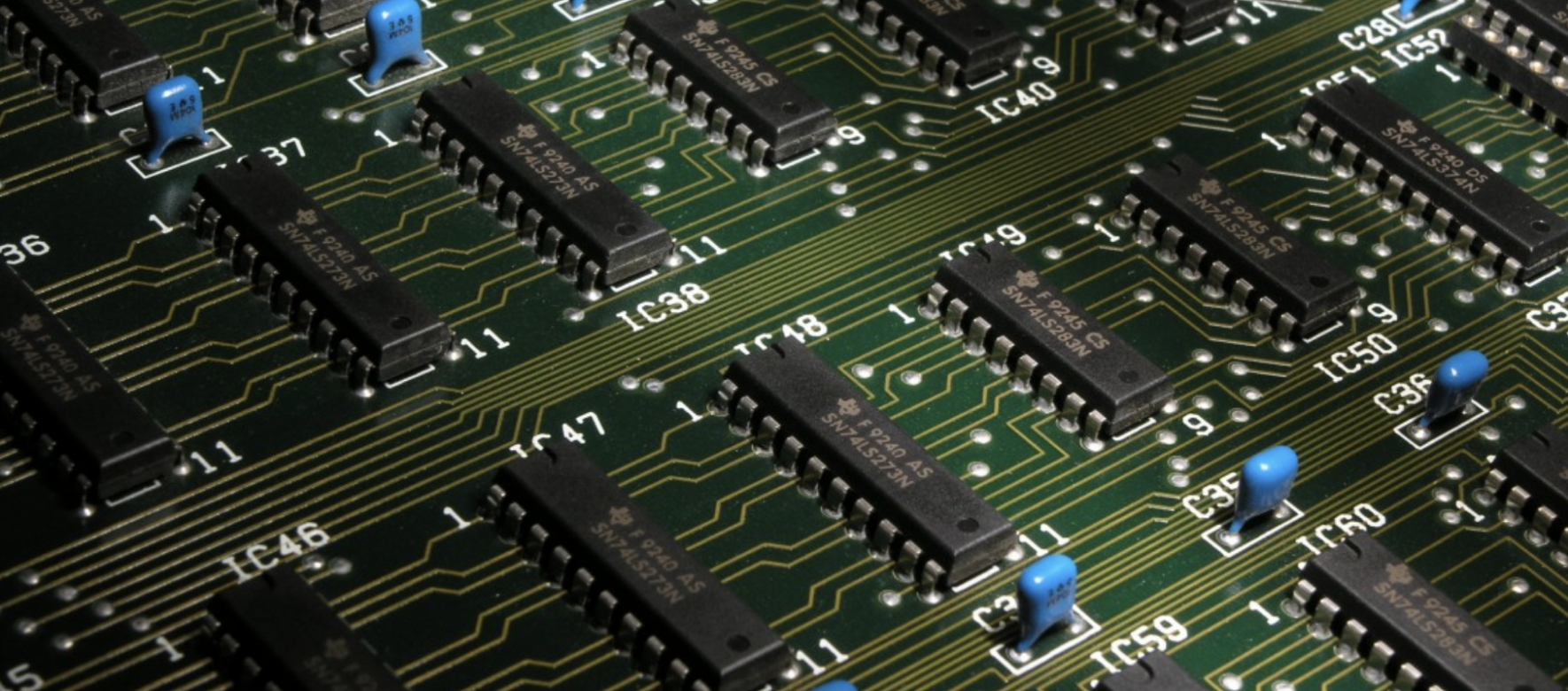Under the combined effect of the global pandemic and the Sino-US trade war, the semiconductor industry is under unprecedented strain. While health restrictions have led to increased consumption of consumer electronics, the anticipated recovery in the auto industry has sparked a surge in demand for semiconductors in the third quarter of 2020. At the same time, companies like Huawei, anxious to secure their supply by anticipating possible American sanctions, have made reservations. This pressure on the industry results in a worldwide shortage of semiconductors. The Israeli electronic components industry has flourished for several years, concentrating start-ups, long-standing companies and multinationals. However, is it in a position to make a significant contribution to ending the crisis?
Israel: nerve center of the semiconductor industry
Israel is one of the nerve centers of the global semiconductor industry and has a concentration of companies involved in each segment of the industry. It has around thirty companies in the sector, and the development of this sector is not about to stop, while Israel, an ally of the United States, appears to be a relatively protected country.
The leading employer in Israel with nearly 14,000 direct jobs and leading Israeli exporter with more than 11% of the total, Intel is without any doubt the lungs of the sector.
Israeli companies, such as manufacturer Tower Semiconductor and quality control firms Nova Measuring Instruments and Camtek, have established themselves on the world stage. World leaders in the semiconductor industry also distribute their components in Israel, such as Infineon and Nxp. Many of them have established R&D centers in Israel. These include Qualcomm, software companies Cao Synopsis and Cadence Design Systems, and quality control company Applied Materials. Finally, all the tech giants are developing semiconductors in Israel (Intel, Apple, Amazon, Google and Microsoft). Cloud companies have been working in recent years to develop their own microchips, with competitive advantages or for internal use.
While Israel sets itself up as an essential passage for the development of semiconductors, the sector is also characterized by the tendency of multinationals to take control of Israeli start-ups. Marvell Technology initiated this predatory behavior by acquiring Galileo in 2000 for 2.7 billion USD, and transforming it into a development center now employing more than 600 people. Amazon acquired Annapurna Labs in 2015 for USD 370m and Intel absorbed Mobileye in 2017 for USD 15bn, then Habana Labs in 2019 for USD 2bn. The American multinational Nvidia, for its part, acquired Mellanox in 2020 for 7.36 billion, a company which was also coveted by Microsoft and Intel.
A major player in the semiconductor industry, Israel exported more than USD 3.5 billion of “electronic systems and components” in 2020, an increase of 28.5% year over year and 7.1% of total exports.
Given its specialization in development activities rather than production activities and the talent gap, exacerbated by pressure from multinationals, it is unlikely that Israel can play a decisive role in closing the global deficit. semiconductors.
Israel’s comparative advantage in the semiconductor industry does not lie in its productive capacity but in its ecosystem of innovation. While Israel has several production units, most of the foreign investment in Israel is focused on research and development. With the exception of Intel, which has two production units in Israel and has announced the construction of a third factory for 10 billion USD, the tech giants and world leaders in semiconductors are investing more in R&D activities, like Nvidia, Google, Intel and Applied Materials which have announced in quick succession since March 2021 recruiting more than 2,500 engineers and developers.
These investments risk stopping the Israeli skills shortage and / or draining the skills pool for Israeli startups. On the one hand, multinationals are increasing their workforce in the semiconductor industry, such as Mobileye, which is currently building a campus in Jerusalem to employ 2,700 people. On the other hand, Israeli students turn to software more than electronic engineering.
The talent shortage will therefore most likely limit the development of the semiconductor industry in Israel in the years to come, especially for start-ups that cannot offer salaries as attractive as the tech giants. It is the responsibility of the authorities to encourage the professional training of electronic engineers in order to meet the increased demand for skills.
Finally, and this is not an issue specific to Israel, the operating model of the semiconductor industry restricts the ability of production units to adapt to market demand. It is also a highly capital-intensive industry, requiring significant investments, if only to maintain the level of facilities.
Source French Embassy in Lebanon











Réagissez à cet article